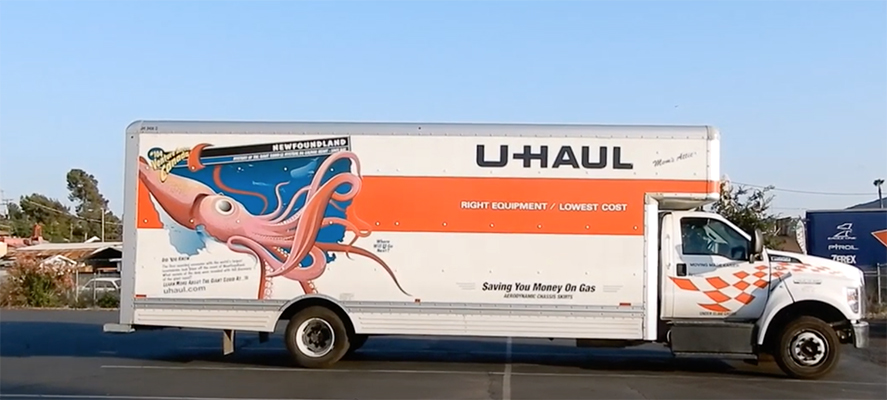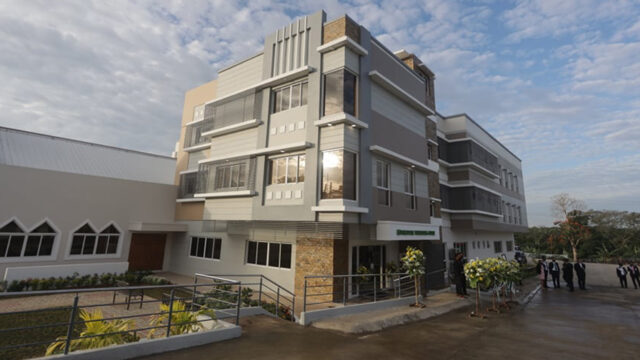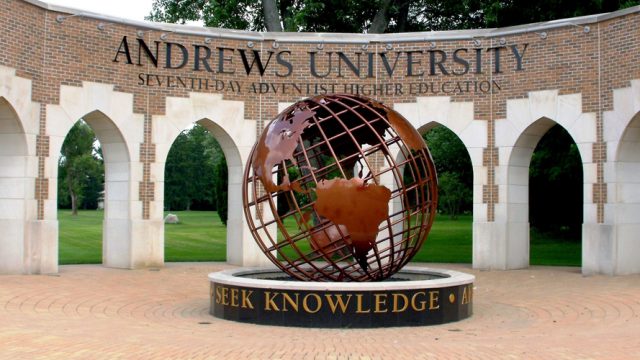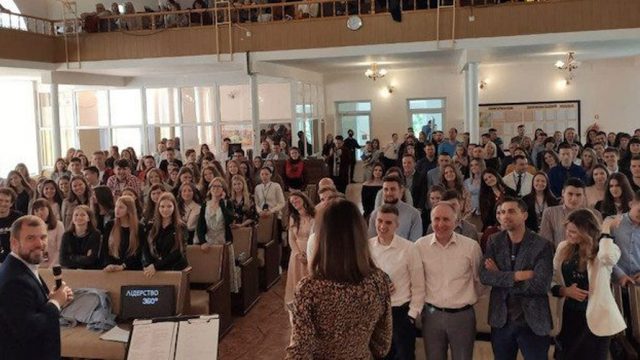Tens of thousands were stranded on 9/11. Here’s one of those stories.

The glass ceilings on the pedestrian ramp from the Baltimore/Washington airport parking lot to the terminal revealed a deep cobalt sky—a “blue bird” kind of day—a good day to fly. As I passed an airport skycap, he flashed a smile: “It’s a beautiful day for flying, isn’t it” he said—exactly what I was thinking.
With no checked luggage, and a there-and-back flight to Arizona for a one-day meeting, I anticipated the satisfying routine: fly in; attend a meeting; sleep; fly home—an easy trip, even a nice break. Everyone on the 7:00 a.m. EST United first-flight leg to Chicago seemed in a good mood. Beautiful weather can do that to people.
The flight to O’Hare was blissfully noneventful. With 90 minutes until my connection to Arizona, I began strolling around the airport. As I passed an office I noticed many employees and passengers gathered around a television monitor. The newscaster was informing the nation that one of the World Trade Center towers in New York City had been hit, apparently by a private plane, and apparently by accident.
We watched in disbelief as the massive structure became the towering inferno of movie imagination. How could someone accidentally—or even purposefully—crash a plane into one of the world’s most iconic buildings?
Captivated by the awful scene unfolding on the screen, we stared in horror as a second jet hit the other Trade Center tower. The realization spread silently but surely: these were not accidents. Quietly, employees and passengers began exiting the waiting area. I turned away as well, stunned. Who would do this? Why did this happen? I prayed that the attack had happened early enough that few people would have been in the damaged towers at that time of day. I prayed that everyone below the burning floors would safely evacuate.
Suddenly, the World Changed
In the normally crowded United terminal all the flight monitors were blank—no destinations, no flight numbers, no departure times. But what was even more startling was the eerie quiet. No music played cheerfully from ceiling speakers; no shuttle carts emitted their familiar “Beep! Beep!” The airport was rapidly emptying. Hallways were deserted. The few people I met walked quickly and silently toward their destinations.
Outside the terminal only police cars moved—no taxis, city buses, hotel shuttle buses. I was baffled. Where could I go? What choices did I have? Personnel at the United desk had told me all they knew—that all planes were grounded until further notice. I was alone—stranded and confused—700 miles from home.
Quickly I began thinking of my family in Maryland. I tried using my cell phone, but for the first time in memory there was no service. At a bank of pay phones I put in my quarter and dialed my husband’s cell number. “Everyone here is safe,” he told me, but being far away from those I loved didn’t feel safe for me just then.
A Divinely Arranged Encounter
What was I going to do? Almost as if in answer to my question, I overheard a young woman also at the block of payphones telling someone at the other end of the line that she needed to get back to Washington, D.C., within 24 hours or she would be considered Absent Without Leave (AWOL). I waited for her to hang up and then introduced myself and my similar plight. I also needed to be in Maryland—and as soon as possible. And so Janice and I began a short but memorable adventure together.
Dividing the list of rental agencies between us, we literally called every car rental company at O’Hare airport. Every car had been rented. With no transportation and no option of staying at the airport, Janice reached out to her mother, who lived north of Chicago, and the good woman agreed to come and pick both of us up and take us to her home.
But even 30 minutes away from O’Hare there were still no cars to be rented: we know—we tried every listing. Eventually, we thought of calling U-Haul. The idea of making a 700-mile journey in a 25-foot moving truck looked anything but inviting, but at least it was transportation, and it was headed in the right direction.
Janice’s mother supplied us with water and snacks and the ride to the U-Haul facility. In the rental office we filled out the required paperwork for a truck many times the size of the vehicle we needed. When the U-Haul agent opened the back door so we could load our goods into the cavernous box, he was astonished when Janice threw in only her Army uniform, and I put in only my overnight bag. Our combined belongings would have all fit into a modest suitcase. Hearing the tangled web of our story to that point, the agent immediately took $100 off the rental. Once again I breathed a prayer of gratitude for the kindness of strangers.
The Journey Home
We began our 15-hour trek to Washington, D.C., with only the cash in our wallets to pay for food and gas. ATMs were almost completely shut down, and many gas pumps couldn’t process credit transactions for the electronic world had crashed as well. The news on the truck radio was ghastly: hundreds, maybe thousands, dead or missing. Both towers reduced to piles of smoking rubble. The nation—the world—was in shock, uncertain, confused, vulnerable to unseen enemies and unimaginable disasters.
As we drove across Indiana and Ohio I learned that Janice was stationed in Washington as a vocalist in the Army Band. Struck by the remarkable coincidence, I smiled as I told her that my father had been a clarinet player in the Army Band. That was just the first of many “coincidences” in our hours of staring at the interstate. I told her about my family—the husband I was eager to see, my daughters, my job at the Adventist Church’s world headquarters. She told me about her life in the military and smiled irrepressibly as she shared details of her upcoming wedding.
At a moment when the future—for the world, for the United States, for both of us—seemed profoundly in doubt, we found ourselves talking repeatedly about the future, despite what had just happened in New York City, in Pennsylvania, and at the Pentagon. Somehow, rattling around in an oversized truck for 15 hours of conversation reminded us that we both had hope, even though we couldn’t even begin to understand what had happened to the world, or why it had happened.
Neither of us could know the impact that September 11, 2001, would have on our sense of safety, our travel, our jobs, and even our most important relationships. But we sensed that something seismic had occurred—something that required the guidance and intervention of a God bigger than our circumstances.
We spoke about faith, about how our belief in God would sustain us and get us through whatever lay ahead. Somehow, in the mystery of divine imagination, God had brought two stranded strangers together in a huge but empty airport on one of the world’s worst days. He had steered us toward each other in the chaos and disorientation of that morning. And He used both of us to help the other achieve the most immediate goals we had—connecting with our responsibilities to families and jobs.
I’m not often in the habit of praying with people I haven’t known very long, but when Janice turned that immense 25-foot truck into my cul-de-sac at 4:00 a.m., we hugged and we prayed and we thanked God together for a safe journey home. It was a moment when it would have been hard not to pray.
I still remember the gratitude of that day—for directed choices, for the kindness of strangers to get me home to my family, for the deep conviction that God makes meaning out of the seeming randomness and chaos of our lives. And each September, as the anniversary nears, I revisit the memories of a day when God’s unique guidance seemed especially close to me.








